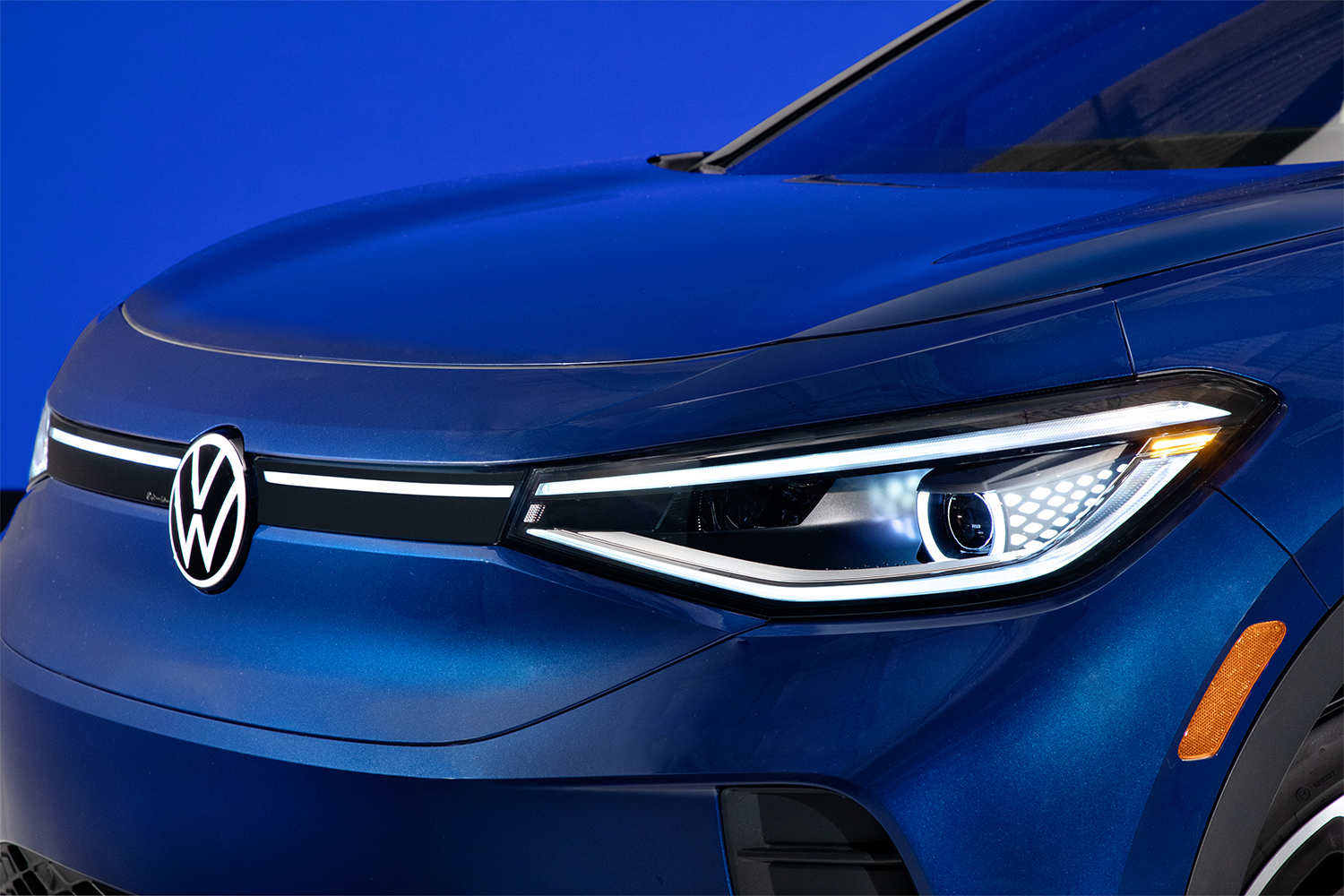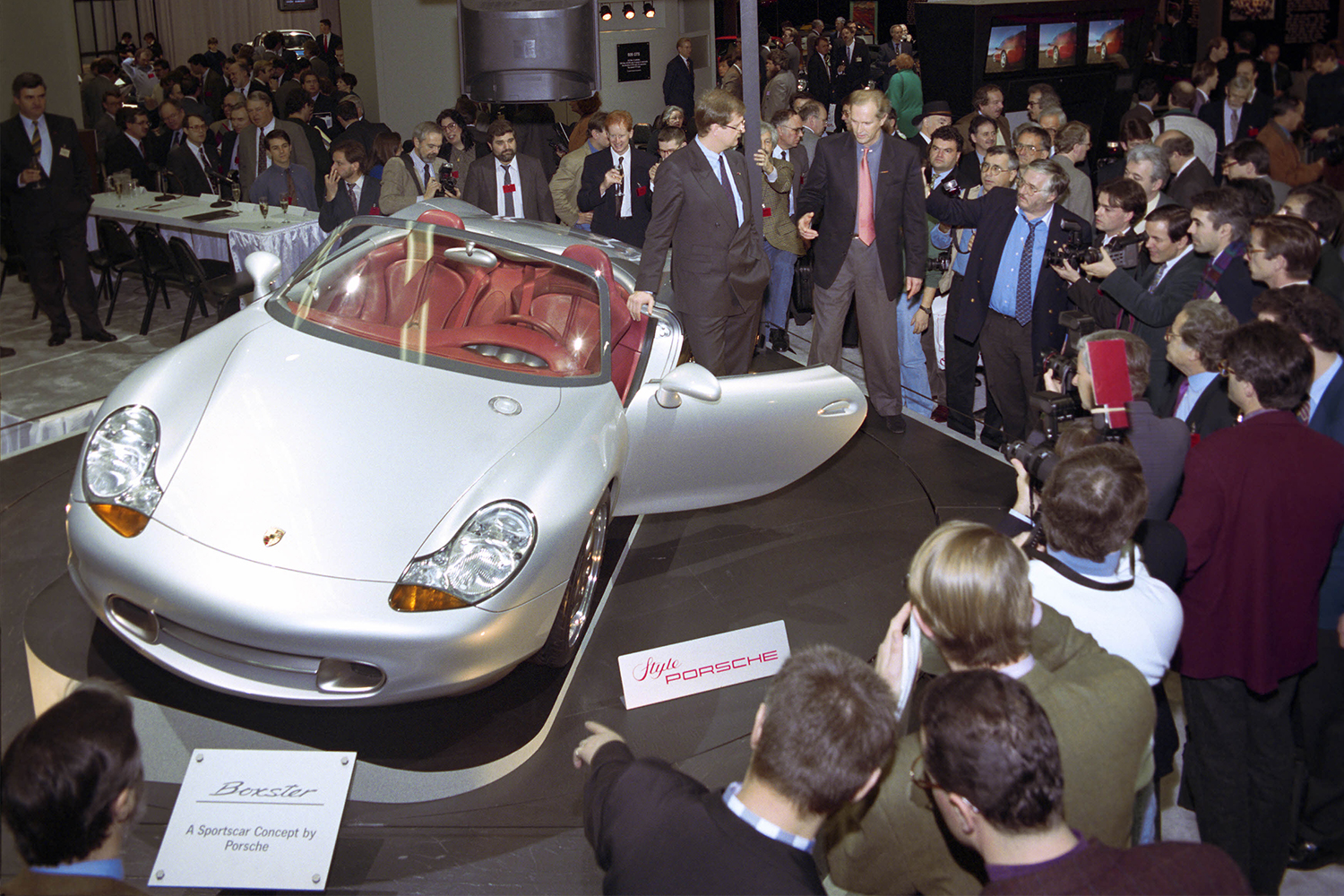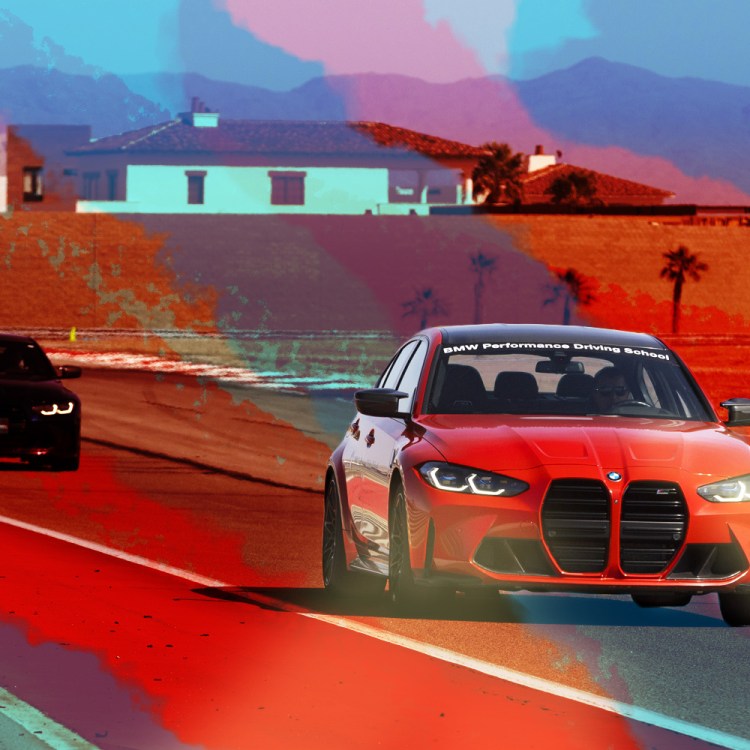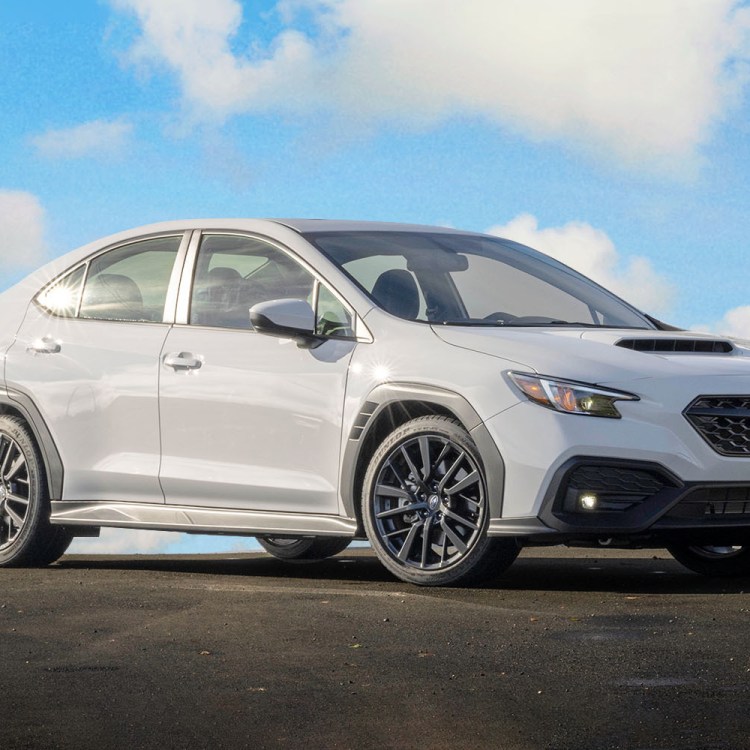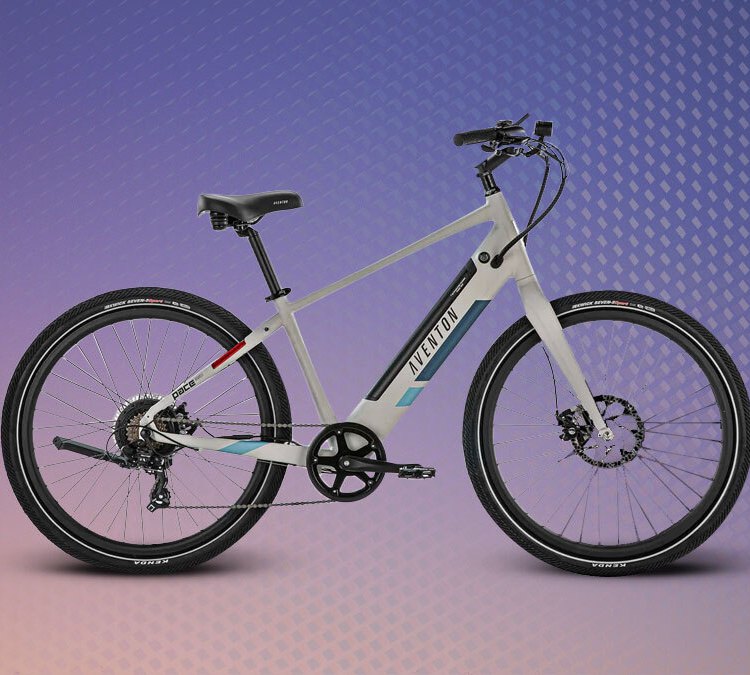In teen movies, various members of high-school royalty are often paired with appropriately extravagant cars. I’m thinking of the 1983 Porsche 944 Jake Ryan drives in Sixteen Candles and Marty McFly’s dream 1985 Toyota Hilux pickup, as well as the red Dodge Viper SRT-10 from the first race in The Fast and the Furious: Tokyo Drift, which sticks out in my mind as picture-perfect automotive casting for a rich, meathead jock.
My high school shared many similarities with these cliché depictions of American secondary education, from our state-title winning football team to a white principal who tried to connect with the youths by starting sentences with “Yo.” But in the parking lot, it wasn’t the football and cheerleading captains who were the center of attention, it was a kid who may have otherwise faded into obscurity with the hundreds of other students in my class, but instead made it into the unofficial high school hall of fame, all because of his daily driver of choice: a Volkswagen Golf featuring the iconic Harlequin paint job.
You know the one, a colorblocked hatchback painted in commedia dell’arte-inspired red, yellow, blue and green. (Officially, Volkswagen has identified those hues as Tornado Red, Ginster Yellow, Chagall Blue and Pistachio Green.) Can you imagine driving into a high school parking lot in that psychedelic clown car? I’m sad to say I only truly appreciate this vehicular anomaly in hindsight; after checking out VW’s numbers, it appears only about 264 Harlequin Golfs made it to the U.S.
I’m dredging up these memories because this week Volkswagen’s Dutch arm unveiled a one-off Harlequin (or Harlekin) Polo, supposedly to celebrate 25 years since the first Harlequin (though it’s not an exact anniversary, as it first appeared in ‘94) and also to counteract “Blue Monday,” supposedly the most depressing day of the year. In other words, it was a publicity stunt — just like the original Harlequin was a publicity stunt to launch the third-generation Polo.

Instead of filling me with goodwill towards Volkswagen, I’m sorry to say the stunt backfired, instead filling me with despair at the utter lack of color conviction from Volkswagen, other major automakers and the general public at large. Yes, I understand that the most popular car colors are currently white, black and grey. I also understand that, according to VW, demand for the original Harlequin Golf was “small.” But the American public needs something to get excited about when it comes to car buying, something other than how big their truck is, how large their SUV is or how gargantuan their touchscreen display is (big is not better, people), and I propose that something should be avant-garde paint jobs.
After all, we can’t all be gearheads, boasting about our finely tuned engines, off-roading accessories or lift kits on Facebook. But just about everyone could take pride in their car if they were offered the option right out of the gate to choose an exterior design that matched their outlook on life. And I’m not talking flame decals or skull hood graphics, but something like the Harlequin, which was carefully considered by the design team at VW to match the spirit of the car.
Will Volkswagen heed this call and offer the Harlequin color palette on its current Golf lineup? Probably not. But VW taking the time to produce a one-off model and a marketing campaign behind it proves that the public interest is still there. And while the automaker admits original interest was “small,” they also describe it as “intense,” and that public fervor led to them producing the colorful cars in the first place.
Let that be a lesson: If we demand better than monochromatic homogeneity, automakers will, at a certain point, give the consumers what they want.
All I want is the joy that my classmate had in high school, scooting around in a rainbow chariot among a sea of nondescript jalopies, with a license plate that read — I kid you not — “ROYGBIV.”
This article was featured in the InsideHook newsletter. Sign up now.

